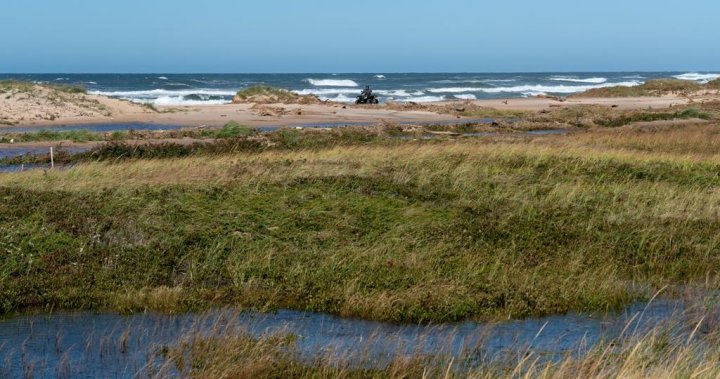The municipality of Quebec’s Îles-de-la-Madeleine has decided to pause plans to impose a $30 fee for visitors travelling to the archipelago. However, they are not completely backing off from the idea of collecting funds from tourists to help maintain infrastructure and protect the environment. Instead, they will be appealing to visitors’ honor and asking for a voluntary contribution, at least for this year. The original announcement of the tourist fee caused concerns among islanders who felt it would infringe on their freedom to travel within their own country.
Despite concerns from some residents, the municipality of Îles-de-la-Madeleine thanked people for their positive messages about the initiative. However, they also noted that they received inappropriate and sometimes hateful comments regarding the tourist fee. Negotiations are ongoing with Transport Canada on how the municipality can apply a tourist fee, indicating that the issue is still being discussed and worked on. It is clear that the municipality is trying to find a balance between collecting funds from tourists and respecting the rights and freedoms of travelers.
The pause on the tourist fee implementation shows that the municipality is open to feedback and willing to adapt their plans based on public opinion. By appealing to visitors’ honor and asking for voluntary contributions, they are trying to find a middle ground that satisfies both the need for funds to maintain infrastructure and the concerns about infringing on travel freedoms. It is a delicate balance that the municipality is working to achieve to ensure the sustainability and protection of the environment on the Îles-de-la-Madeleine.
The ongoing negotiations with Transport Canada indicate that the municipality is taking into account regulatory and legal considerations in implementing a tourist fee. By working with federal agencies, they are ensuring that any fees imposed are done so in a way that complies with relevant laws and regulations. This collaborative approach demonstrates a commitment to finding a solution that is not only effective but also lawful and respectful of governmental authority.
Overall, the decision to pause the imposition of the tourist fee on Quebec’s Îles-de-la-Madeleine shows a willingness to listen to public concerns and make adjustments accordingly. By exploring alternative options, such as voluntary contributions, the municipality is showing a commitment to finding a solution that balances the needs of residents, tourists, and the environment. The ongoing negotiations with Transport Canada also indicate a dedication to ensuring that any fees are implemented in a legal and respectful manner. Ultimately, this situation highlights the complexities of balancing economic needs with environmental and social considerations in the context of tourism.













